Only give them food that they can finish in three to five minutes. Any food that is left undigested can quickly spoil and contaminate the water, leading to a host of health issues.
1. Hydrological Condition
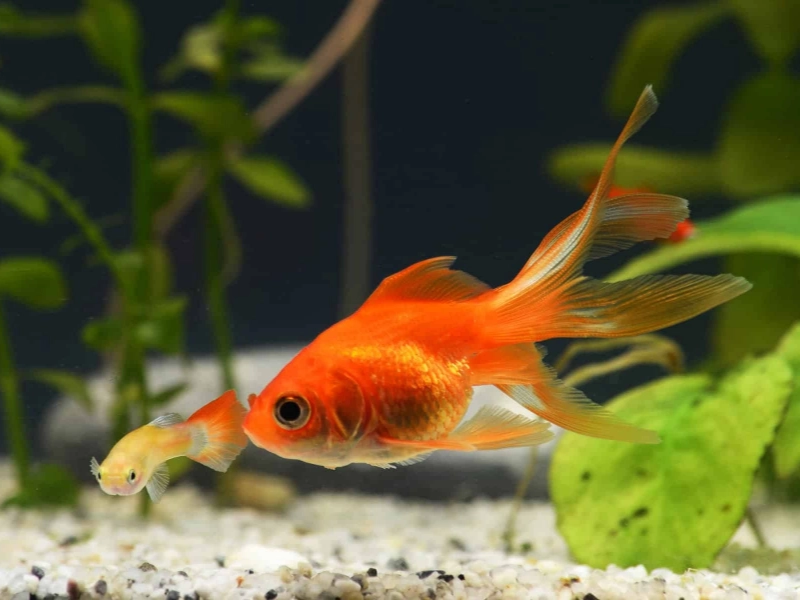
The water chemistry of a goldfish greatly influences how long it can survive without nourishment. More frequent feedings are necessary for goldfish kept in hard water (high dissolved mineral content) as opposed to soft or neutral water. A goldfish's metabolism slows down in colder weather, so it needs less food. It's crucial to understand your water type and the frequency of feeding your fish because of this.
It is not a good idea to deprive your goldfish of food unless directed to do so by an aquatic veterinarian, regardless of the sort of water you have. Constipation from this can press on the swim bladder and expose your fish to illness. You can get an automatic feeder that will distribute the appropriate amount of food at the appropriate time to prevent this. Before you leave town, make sure you give it a test to make sure it functions correctly and doesn't dispense too much or too little.
2. Meal Routines
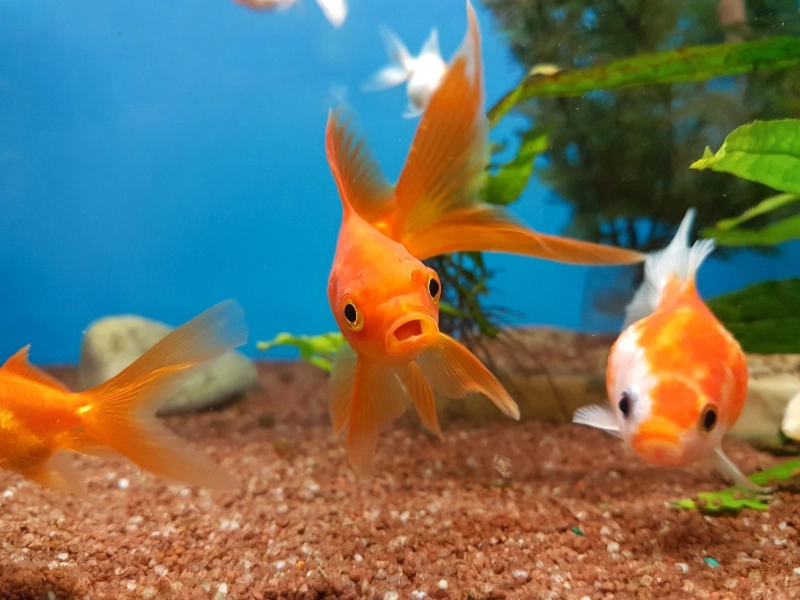
Goldfish need a diet high in nutrition and balance. For this reason, feed them high-quality fish food once or twice a week. This will support their growth and pond survival. But, if you take care to feed them just meals that they can digest, they can also eat other foods like fruits and vegetables. For example, you should never feed them bread because it can cause systemic toxicity and constipation, among other issues.
Furthermore, it's crucial to refrain from overfeeding goldfish because this might lead to stomach and swim bladder problems. It is preferable to feed your fish easily digestible nutrients in smaller meals spaced throughout the day. You might feed your goldfish lush greens like spinach and kale, for instance. They can also be fed cooked rice, zucchini, and carrots. Before giving these items to your goldfish, make sure to boil them and chop them into small pieces.
3. Tension
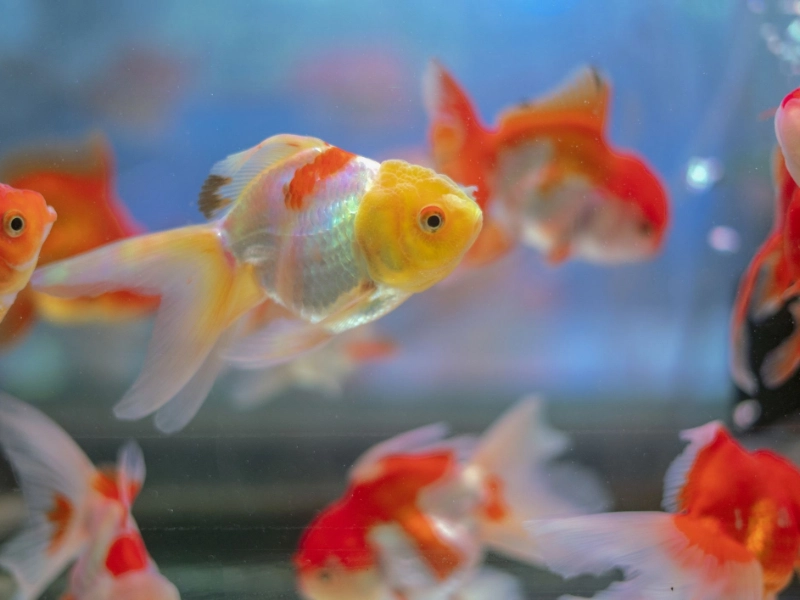
Being opportunistic feeders, goldfish will eat anything as long as it is available. On the other hand, some fish may stop eating because they grow tired of the same old food or because they experience minor health problems.
Instead of feeding, a constipated goldfish will scoot along the bottom and avoid the water's surface. Overeating or obesity are the usual causes of this syndrome, when the organs strain against the swim bladder. This can be resolved by giving the goldfish fiber-rich foods like scalded peas or boiled spinach after they have been hungry for 48 hours.
Find someone to check the goldfish tank and feed them while you are away. The amount of days that goldfish may go without food varies on a variety of factors. Asking a friend or neighbor for assistance or hiring a pet sitter can be easy ways to do this. Many people also install automatic feeders, but to make sure the fish are getting the right amount of food, check how well they function before you leave on a trip.
4. The Scene
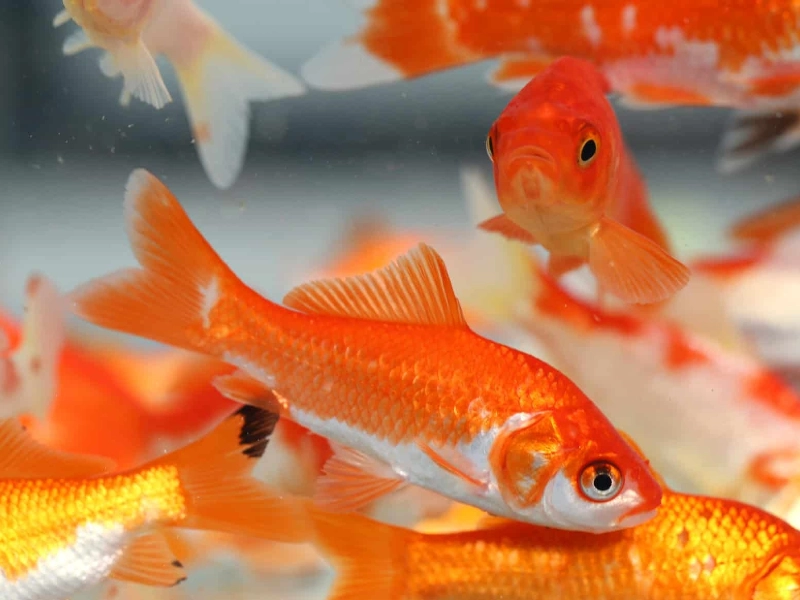
Because goldfish are ectothermic, their metabolism adjusts to the water's temperature. Water that is warmer requires more energy than water that is cooler, which affects how long a fish can go without eating.
For goldfish to remain healthy and vibrant, feeding them on a regular basis is essential. It is only a good idea to withhold meals in an emergency or when instructed to do so by an aquatic veterinarian.
When given the same old food, goldfish frequently grow bored and start to ignore it at the surface or just scoot down the bottom instead of eating. Giving them brine shrimp, freeze-dried krill, or blood worms will liven up their diets and keep them chowing down.
A build-up of ammonia in Goldfish can be fatal, so try not to overfeed them. Feed them only as much in a 30- to 60-second period, and take out any food that isn't fully consumed. Including some vegetables in the Goldfish's diet is also a smart idea. Adding a little blanching time to vegetables makes them softer and easier for Goldfish to chew on.
Advertisement
Recommended Reading: Who Has the Healthiest Potato?
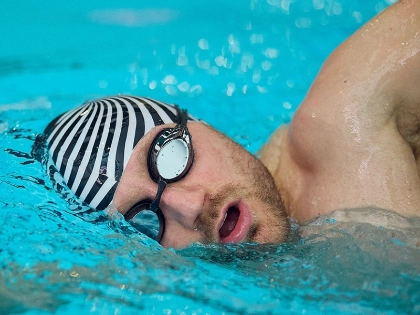
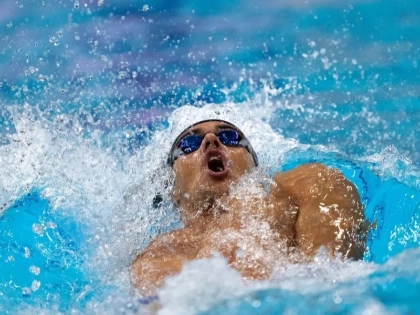
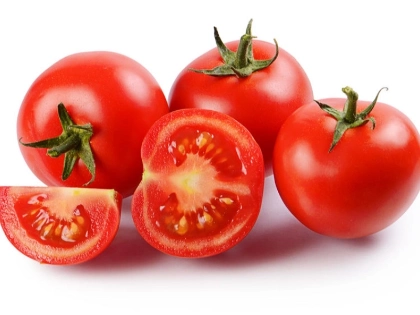
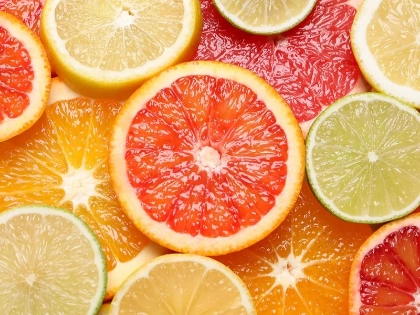
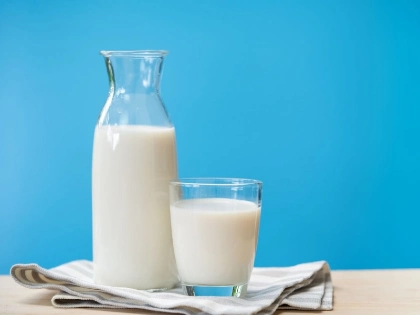
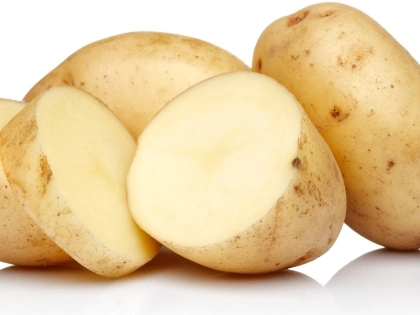

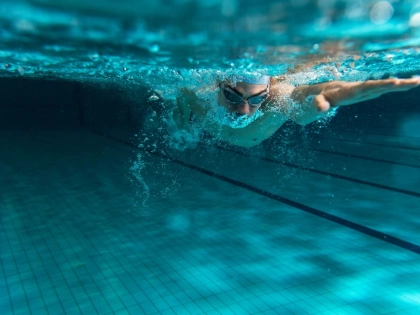
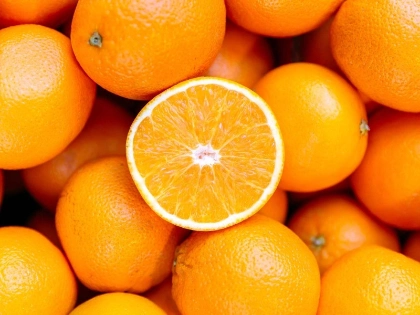
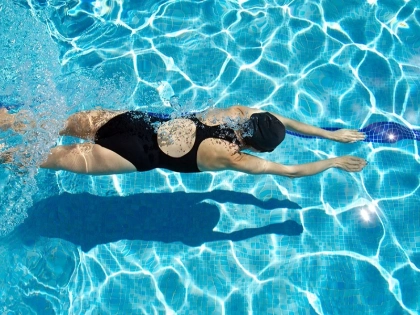
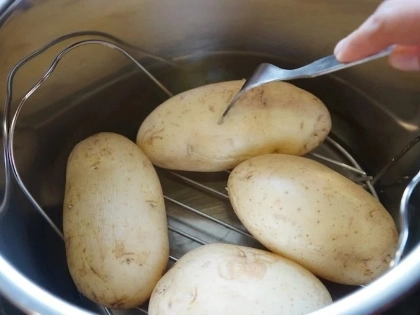
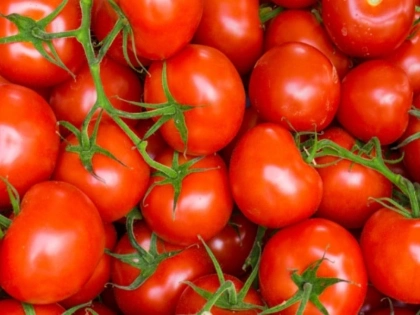
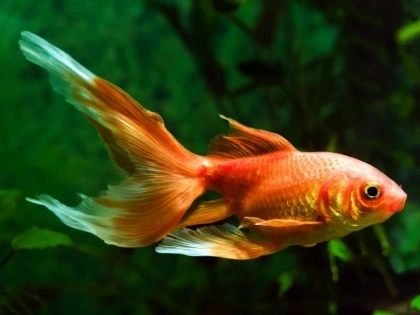
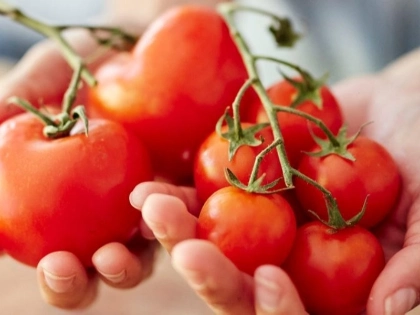
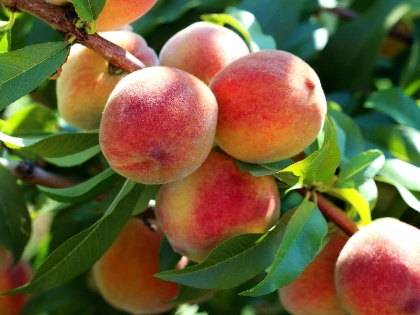
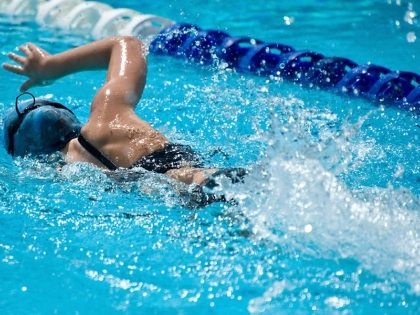

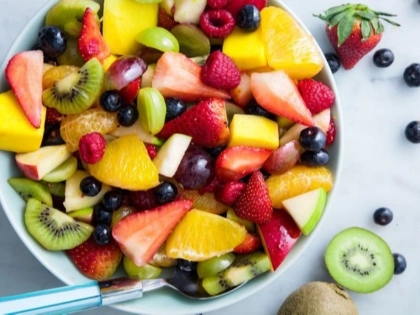
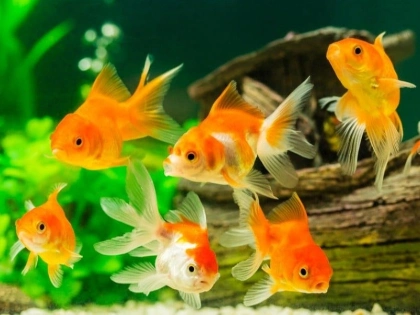
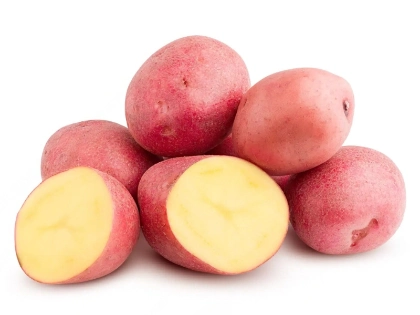
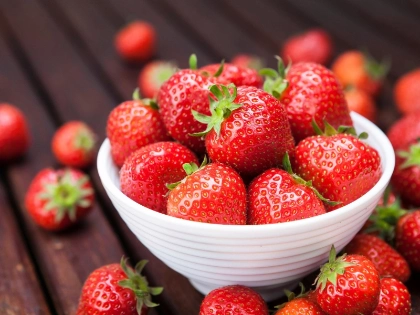
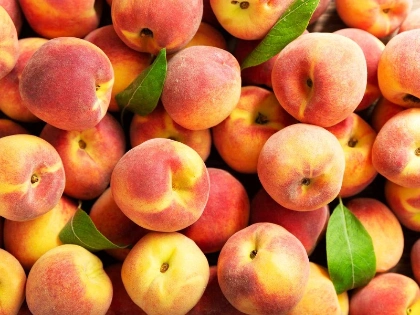
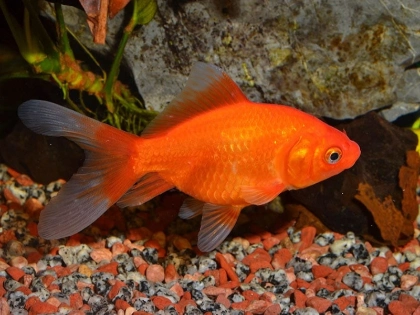
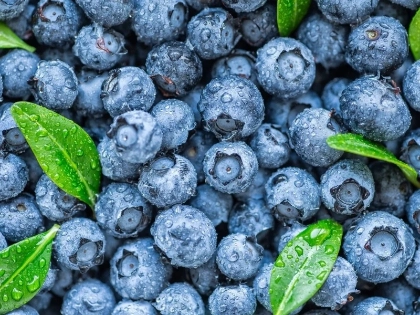
Comments
Leave a Comment
Your email address will not be published. Required fields are marked *